皆人を 寝よとの鐘は 打つなれど 君をし思へば 寝ねかてぬかも
Minahito’o neyotonokanewa utsunaredo kimioshiomoeba inekatenukamo
The bell urges us to go to bed, but I cannot sleep when I think of you
皆の者よ寝静まれとの合図の鐘は鳴っているけど、あなたのことを思うと、眠れません、と恋にもだえる気持ちを詠んだのは笠女郎で、その相手は大伴家持で、巻4には家持に贈る歌が24首も並べられていますが、家持が答えた歌は2首のみ。一方通行のような恋です。当時から鐘の音で時刻を知らせるシステムがあったというのも驚きです。「漏剋」とは水時計のことで、水槽から規則正しく流れ出る水を役人が正確に測って時を計り、鐘や太鼓で時刻を知らせたのでしょう。明日香村飛鳥の水落というところに「水落遺跡」の発掘調査で見つかった「漏刻台跡」があります。笠女郎の歌は平城京の時代でしたが、夜10時頃、どんな鐘の音が奈良の都に響き渡ったのでしょうね。
In this poem, Kasa-no-Iratsume expresses her agony. The bell rings out ordering everyone to go to sleep, but she can’t sleep whenever she thinks about the one she loves. Kasa-no-Iratsume was in love with Otomo-no-Yakamochi and wrote a total of 24 poems in Volume 4 dedicated to him, but he only wrote two in reply, suggesting that her love remained unrequited.
It may surprise you to learn that Japan used a bell-based system to announce the time in this era.” This water clock, or “rokkoku” was most likely a tank from which water regularly flowed. Officials would observe the water flow, then use bells and drums to announce the time of day based on their measurements.
Within the Mizuochi (Waterfall) Ruins of Asuka, excavators discovered a site that contained the remains of one of these water clocks. Kasa-no-Iratsume’s song was from the Nara Period, when Heijo-kyo was the capital of Japan… I wonder how the 10 pm bell of Nara sounded back then?

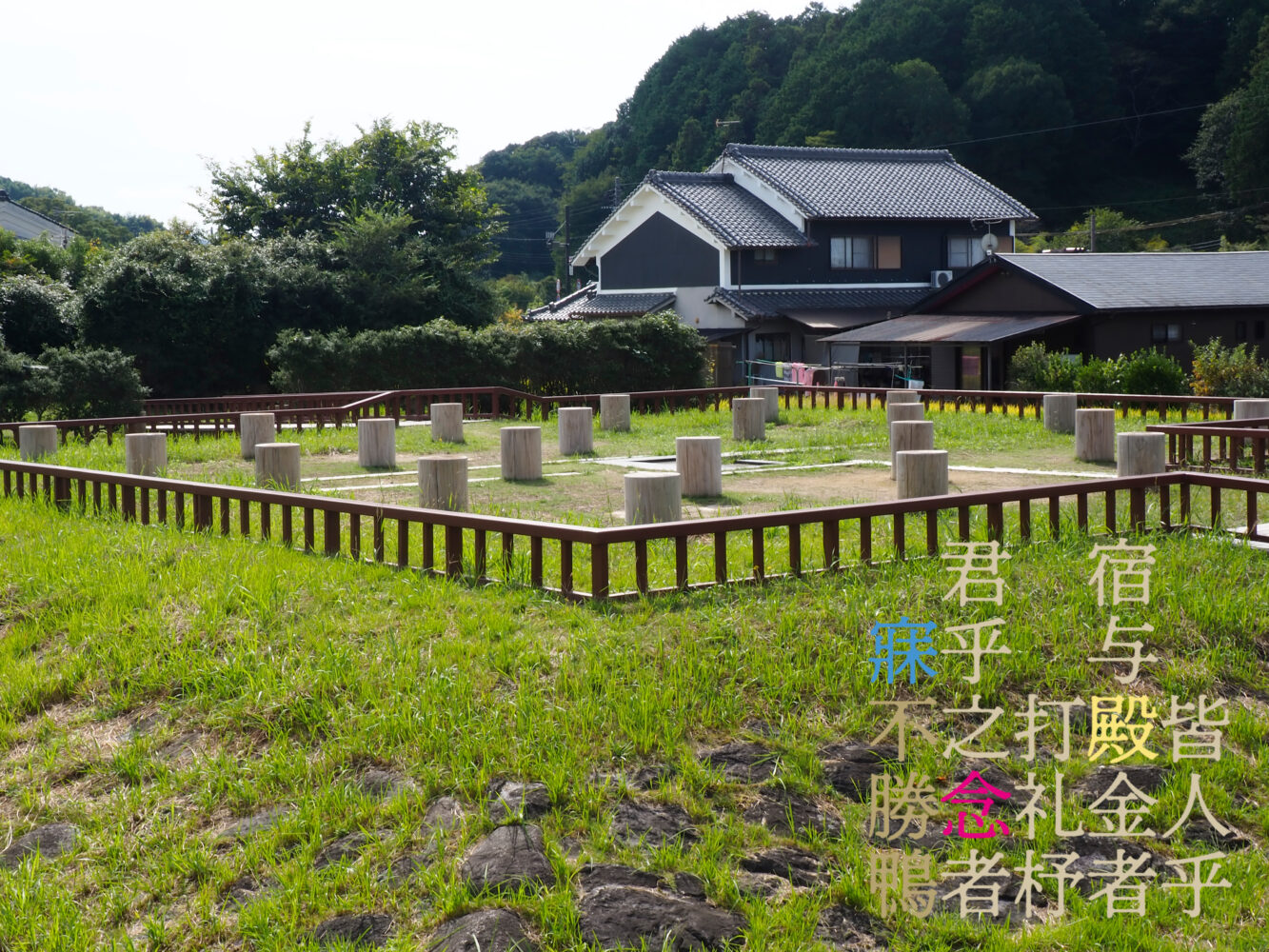
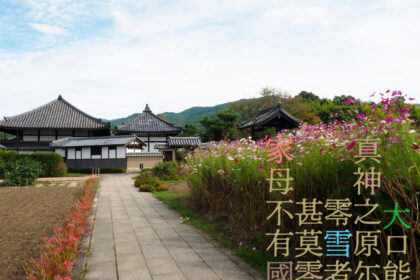
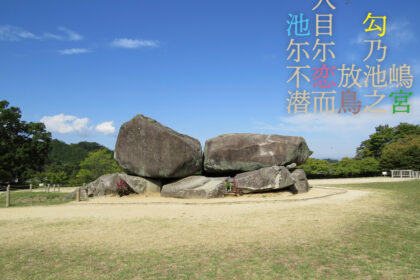
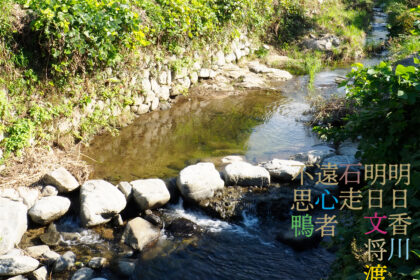
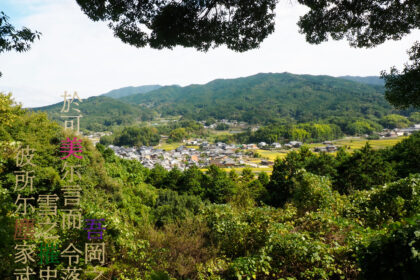

コメントを残す